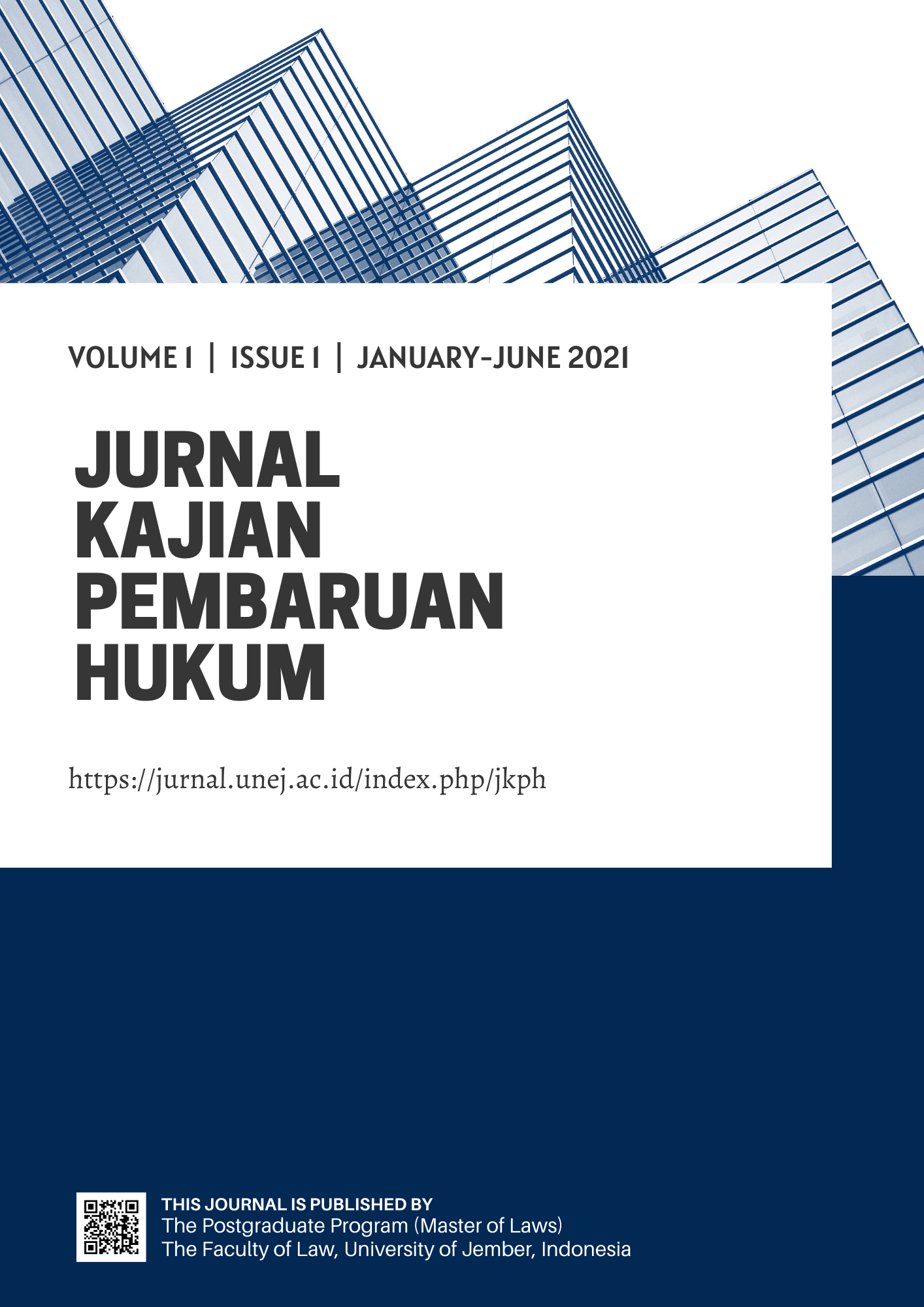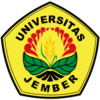Kebijakan Pencabutan Hak Politik sebagai Pidana Tambahan dalam Perkara Korupsi di Indonesia
DOI:
https://doi.org/10.19184/jkph.v1i1.23352Keywords:
Political Rights, CorruptionAbstract
Additional criminal to revoking political rights imposed on convicted corruption cases are referred to as extraordinary policy and efforts made in the context of eradicating the criminal act of corruption, in which corruption is categorized as an extra ordinary crime. The basis for additional criminal law deprivation of political rights is contained in the Criminal Code (KUHP) and Law Number 31 of 1999 concerning Eradication of Corruption as amended by Law Number 20 of 2001 (UU PTPK). This study aims to examine the additional criminal policy of deprivation of political rights against convicted corruption cases seen from the perspective of the purpose of punishment and the suitability of the legal basis used to apply additional crimes of deprivation of political rights against convicts of corruption. The type of research used in this study is the juridical normative research type. The methods used are the statutory approach method, conceptual approach, and case approach. Meanwhile, for data collection techniques, this study uses legal materials consisting of: a.) Primary legal materials, namely statutory regulations and court decisions; b.) secondary legal materials include legal books, legal journals and other scientific works in the field of law. The results of this study first reveal that the additional punishment for depriving political rights is not against the purpose of punishment. It reveals that the additional criminal legal basis for deprivation of political rights for convicted corruption cases should be more specific in determining the length of time for deprivation of political rights in the PTPK Law.
KEYWORDS: Policy, Additional Punishment, Political Rights, Corruption
Downloads
Downloads
Published
Issue
Section
License
Copyright (c) 2021 Jurnal Kajian Pembaruan Hukum

This work is licensed under a Creative Commons Attribution-ShareAlike 4.0 International License.







